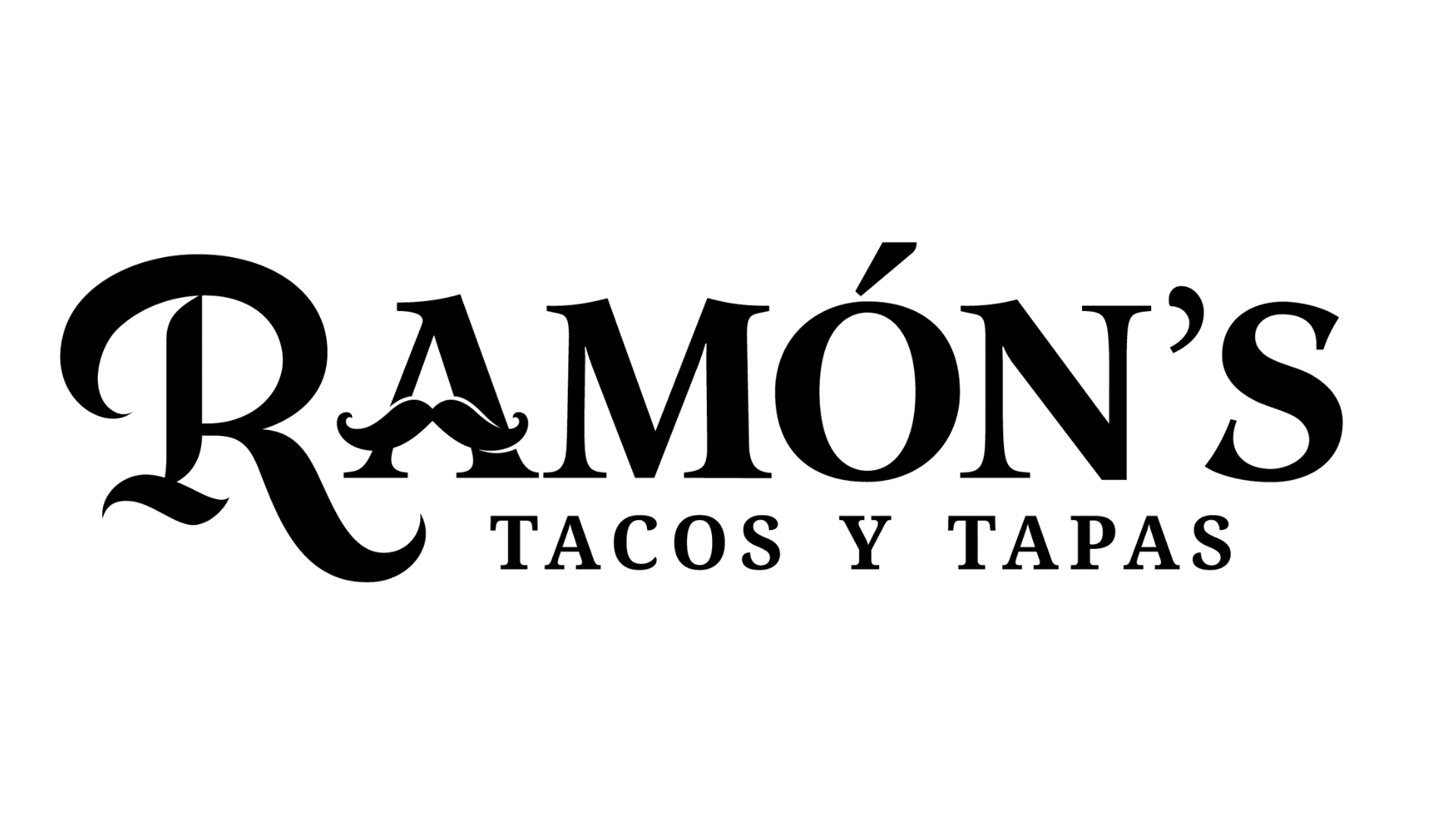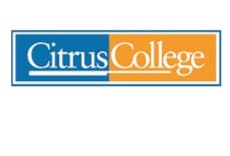Member Directory
Search for local businesses in and around Glendora.

About Us
Find out why Glendora Chamber can be an asset to your company.
Hot Deals of the Week
Explore nearby deals and offers from the businesses you love.
Calendar Events
Please join us at one of our many events. We hope to see you there!
Legislative Advocacy
We work on legislative issues affecting businesses including government, transportation, economic development, and more.
Welcome
to the Glendora Chamber
The Glendora Chamber’s mission is to PROMOTE, CONNECT & GROW.
We are in the solutions business! We are problem solvers and we provide tools and resources to assist the business community in prospering and adapting to the economic climate while growing membership and promoting local purchasing.






























